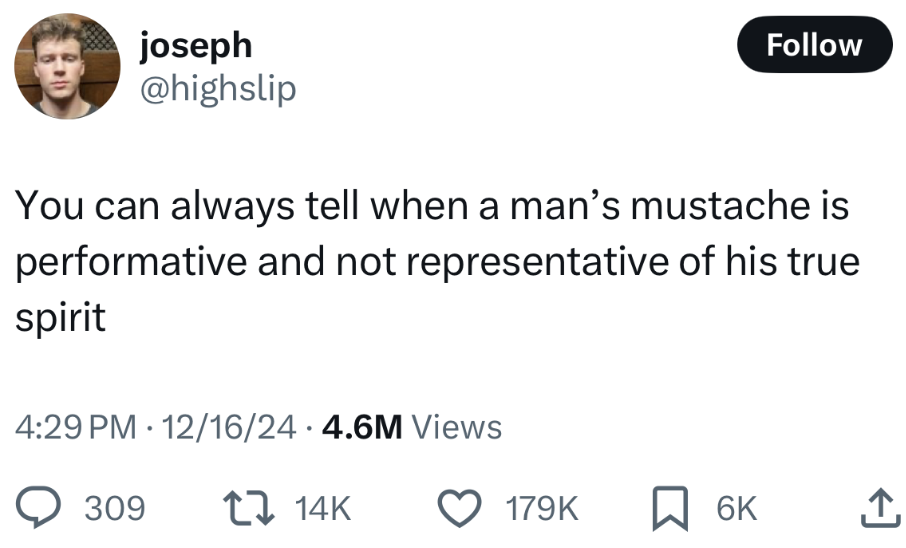Wellesley work-study students continue to have difficulty finding jobs on campus, despite the efforts of the Student Employment Committee and the information provided by last fall’s College Government survey about work-study. The Wellesley News published an article in October 2013 reporting the results of the College Government survey that shed light on common problems students faced during the job search. This fall, many incoming work-study students have expressed similar concerns related to finding employment since no long-term changes have occurred last year. Wellesley’s Student Employment Office urgently needs to improve the College’s employment system to ensure that work-study students find on-campus jobs.
Student Financial Services (SFS) Assistant Director Laura Till attended the Senate meeting on Oct. 20 to discuss student employment with the College community. She stated that on-campus employers should give priority to work-study students, but there is no absolute restriction on this policy. Timothy Boatwright ’16, Wellesley’s multicultural affairs coordinator, pointed out that Wellesley is one of the only higher education institutions that does not guarantee work-study students employment.
Till also stated that there is no a rule in place that requires employers to give priority to first year students. These policies are harmful to work-study students and in particular to first-years. SFS needs to have clearer policies in place that strictly require employers to give priority to work-study candidates and to first years. Although many campus employers give priority to first-years and qualified work-study candidates, students continue to express concern about the shortage of on campus jobs.
In order to ensure that work-study students find jobs on campus, Wellesley needs to make its application system more accessible, require employers to post job openings before orientation and foster better communication so that all candidates hear back from employers about their applications. Applicants report that most employers never get back to them. Students find this lack of feedback disorienting and often do not know whether they should apply to other jobs. Students who are given work-study status take this potential source of income into account when they decide to attend. Encountering a confusing and competitive job-application process creates financial stress that students shouldn’t have to face in their first weeks at Wellesley.
Students have the option of participating in a community service program and receiving compensation for it. These programs can successfully alleviate financial stress but often require a large time investment, and many students drop these programs after their first year as a result. Community service should not be an option that students are forced to consider after being unable to find on-campus jobs.
Till reported to the Senate that SFS held an information session on student employment during this year’s orientation. This is one of the many solutions that need to be implemented to ensure that first-year work-study students understand the job application process. Early information sessions would be particularly useful to incoming first-years and alleviate their anxiety about possible financial difficulties at Wellesley.
If the pressing problem of gaining employment is left untreated, work-study students will continue to experience frustration and disillusionment with an inadequate employment system.





